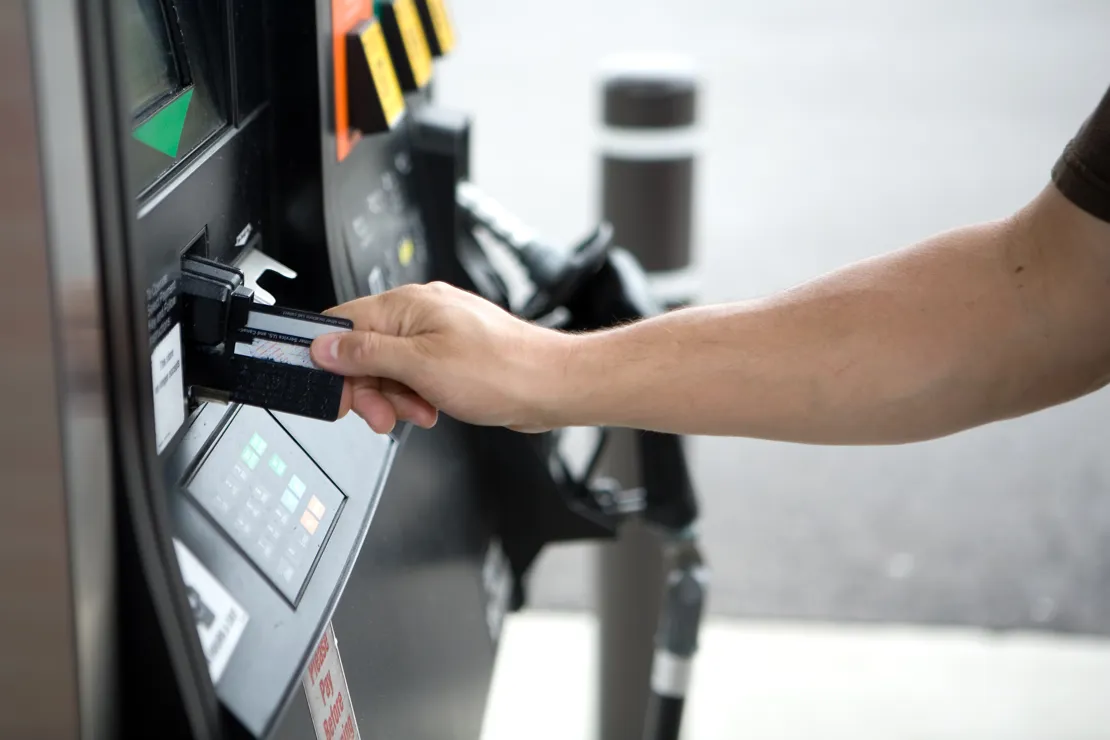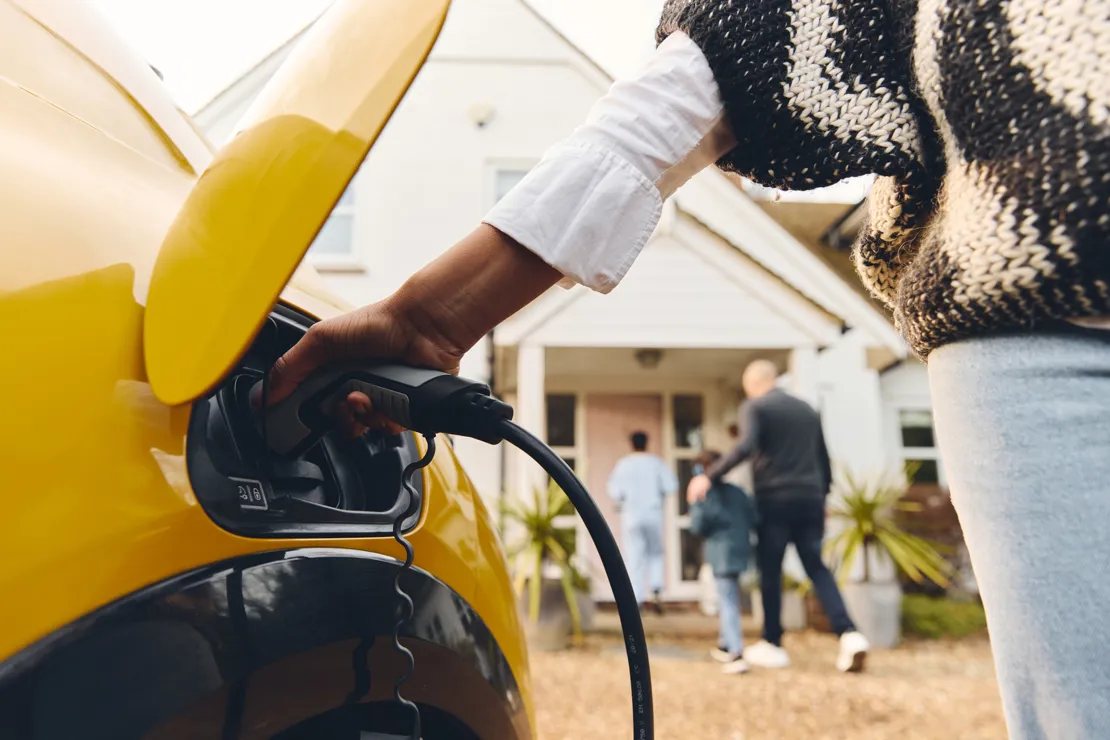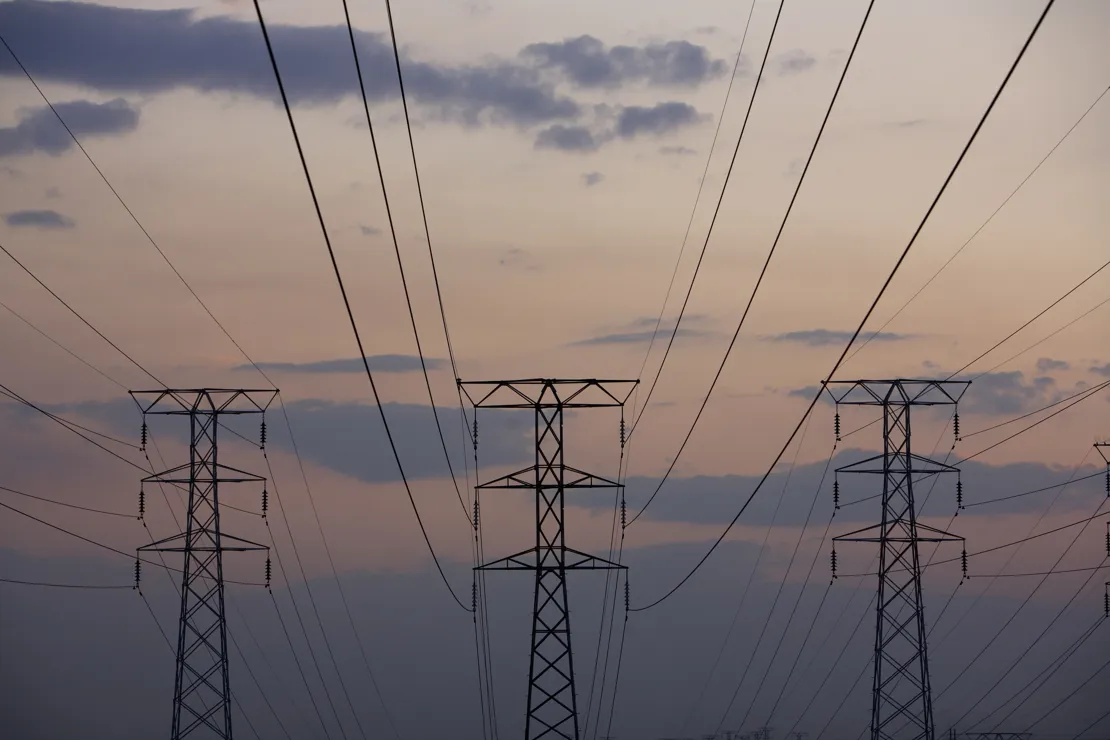Spring Budget 2024
Written by
Monday 11th March 2024

As the chancellor wrapped up his final Budget of this Parliament it seemed clear that, unless there is a major U-turn in strategy, there will be no spring election. This was, as Mr Hunt called it, a ‘responsible Budget’. One without the fiscal fireworks needed to kickstart an election campaign — especially when there is a wide gap in the polls.
As with any Budget, there are the usual debates about what the statistics — so liberally quoted for the purpose of soundbites — really mean. Underlying debt, which excludes Bank of England debt, is on track to fall as a share of GDP. This is obviously good news. The fact that debt will actually grow for the next three years, be unchanged in the fourth year and finally become lower in 2028-29, is far less palatable.
Nevertheless, the chancellor was keen to get a message across that we should all stick to the plan and cited predictions by the Office for Budget Responsibility that the UK economy will grow by 0.8% this year and 1.9% next year as proof that we are heading in the right direction.
In many ways, and especially for transport-related issues, this was a Budget that was as much about what didn’t happen as what did. Let’s take a look at some of the key issues affecting fleet operators and individual drivers.
National Insurance cut by 2p…again
Although many of us have only just begun to benefit from the last 2p reduction, the main rate of National Insurance Contributions (NICs) has been cut by a further 2p, for both employed and self-employed workers. This comes into effect from 6 April 2024.
Mr Hunt described the change as one that helps make the tax system fair, simple, and rewards hard work. It also benefits voters north of the border, who have their rate of income tax set by the Scottish Parliament. The government has a long-term goal of abolishing National Insurance altogether, however, the emphasis here is very much on the phrase ‘long-term’.
Of course, all tax cuts need to be paid for, so it was no surprise to see the usual references to streamlining, automating, and unlocking potential. And, with no change in tax thresholds, many more people will be drawn into higher tax brackets as a result of what is known as ‘fiscal drag’.
For companies running any form of Salary Sacrifice scheme, a reduction in National Insurance can have knock-on implications to the perceived — and actual — benefit to employees. There may also be administrative changes needed by the employer. While it remains the most cost-effective way to help drivers switch to electric vehicles, it is a good idea to review the structure of any schemes offered to ensure that they still meet the financial and environmental objectives of the business and its employees.

Fuel Duty frozen and 5p cut retained
Fuel Duty brings in approximately £25bn in government revenues. That’s just over 2.4% of overall government receipts. In other words, it’s a big number, but it’s near the bottom end of the major taxes.
Freezing Fuel Duty at their 2011 rates and extending the ‘temporary’ additional 5p cut that was due to end on 23 March is worth around £50 to the average car driver. Higher mileage drivers and business fleet operators will typically save more, but it’s interesting to note that RAC head of policy Simon Williams has recently been quoted as saying that “drivers have not yet fully benefited from the (5p) cut that was introduced two years ago, due to retailers upping margins to cover their ‘increased costs’.”
The average price of fuel currently sits at 144.01p for unleaded petrol and 152.57p for diesel. This is a long way from the peaks of 191.5p and 199.09p seen in the summer of 2022 but, with prices forecast to rise, we will all be paying more at the pump. At a time when electricity prices are heading in the other direction, this is another nudge towards making the switch to an EV — especially if you can charge up at home.
Full expensing on leased assets
The 2023 Autumn Statement saw full expensing on qualifying plant and machinery made permanent for vans, trucks, tractors etc. On the other hand, both cars and vehicles bought for the purpose of leasing, were excluded.
Some industry commentators and influencers questioned this decision, arguing that the exclusion of leasing is a barrier to investment in zero-emission vehicles. Five months on, the government appears to have had a change of heart and will seek to extend full expensing to assets for leasing ‘when fiscal conditions allow’.
Draft legislation will be published shortly, but it’s worth noting that the statement refers to ‘assets for leasing’ and not ‘all assets for leasing’. Cars have, until now, been explicitly excluded and it is not entirely clear from the chancellor's statement whether this will change.
£120 million boost for Green Industries Growth Accelerator (GIGA)
Billed as part of the government’s strategy to support the expansion of low-carbon manufacturing supply chains, up to £120m is being added to the overall GIGA fund. This now sits at over £1bn of support for sustainable clean energy supply chains, including carbon capture, usage and storage (CCUS), offshore wind, hydrogen, electricity networks, and nuclear.
The additional funding is all part of the government’s stated goal of positioning the UK as the global leader in green technologies and it comes on the back of a recent announcement of £73m in combined government and industry investment targeted at the development of new EV technologies.

No VAT parity for public and home charging
As things stand, charging an electric car at home means paying just 5% VAT. This is a stark difference from public charging stations, where the standard 20% VAT is added to the unit cost.
Given that average rates for public charging range from 50p to 85p per kWh (depending on speed), compared to best-in-market rates of c. 7p per kWh when charging from home, many have argued that the current system is unfair and that it disproportionately impacts lower earners, who are less likely to have the space needed to install a home charger, as well as those who live in high-density areas. However, the government appears to believe that fiscal measures aimed at bringing down the cost of public charging are either unnecessary or unaffordable — or possibly both.
The ZEV mandate is here to stay
Since Rishi Sunak’s announcement that the 2030 ban on sales of petrol and diesel-only cars and vans is to be pushed back to 2035, there has been a growing disparity in the rate of EV adoption by business fleet operators and personal drivers.
Of course, business drivers benefit from sizeable tax breaks for choosing an electric vehicle, such as 2% Benefit in Kind, compared to 25% for a car emitting a fairly modest 100g/km. Vehicle Excise Duty, otherwise known as road tax, is also heavily weighted in favour of EVs, however, this is due to change next year.
In reality, keeping the ZEV mandate negates the impact of pushing back the overall ban. This is because manufacturers are required to sell a minimum number of zero-emission vehicles or face large fines for every non-compliant vehicle sold. In 2023/24 the minimum level of zero-emission car sales is 22%. This will then rise each year until it reaches 80% in 2030 and 100% in 2035.
With the ZEV mandate set to stay and many manufacturers fully committed to all-electric line-ups by 2030, if not before, it’s clear that most of us will be switching sooner, rather than later.
Smart data schemes in energy and transport
In the 2023 Autumn Statement, the government promised to kickstart a ‘Smart Data Big Bang’ to provide certainty to investors and make the most of opportunities arising from the incoming Data Protection and Data Information Bill. Included within the Spring Budget, there is a commitment to provide targeted funding for consultations and calls for evidence to accelerate schemes in energy and transport. It’s early days yet, and there are as many challenges as there are opportunities, but there could be some interesting new possibilities to explore.

Electricity grid reforms
To support the UK’s drive to become net-zero by 2050, the government has already pledged to reform the planning system and speed up approval for new projects to connect to the grid. Since November 2023, 40GW of energy projects have been offered earlier grid connection dates and network companies have announced investment programmes, framework agreements and tenders worth up to £85 bn.
In January this year, the government produced an updated Energy National Policy Statements for electricity networks infrastructure, which designates the development of a nationally significant low-carbon infrastructure as a Critical National Priority (CNP). This might seem like meaningless jargon, but CNP issues benefit from prioritised legislation, increased allocation of resources, and fast-tracked planning for new projects.
Electric van operators left wanting
Van operators who are looking to switch to electric alternatives have been left wanting. Vans are responsible for around 20% of all miles driven each year, the vast majority of which are petrol or diesel vehicles. And, while the electric car market has benefited from a raft of incentives to encourage people to switch, there has been far less support for van drivers and van fleet operators.
Calls for increased financial support, van-friendly public chargepoints, and the removal of regulatory barriers caused by the extra weight of carrying a battery are yet to be fully addressed.
While the ZEV mandate is marginally less demanding for vans, it still states that 70% of new vans sold in Great Britain will need to be zero emission by 2030. Currently, battery-electric vans account for just under 5% of new registrations, so there is still a long way to go, and the calls for more support will get louder with each passing year.
A final word
As always, the devil is in the details, and we will need to keep an eye on upcoming consultations and announcements. In the meantime, we will continue to work closely with our customers to achieve their fiscal, operational, and environmental goals.
To find out more about how we can help your business, just get in touch.

